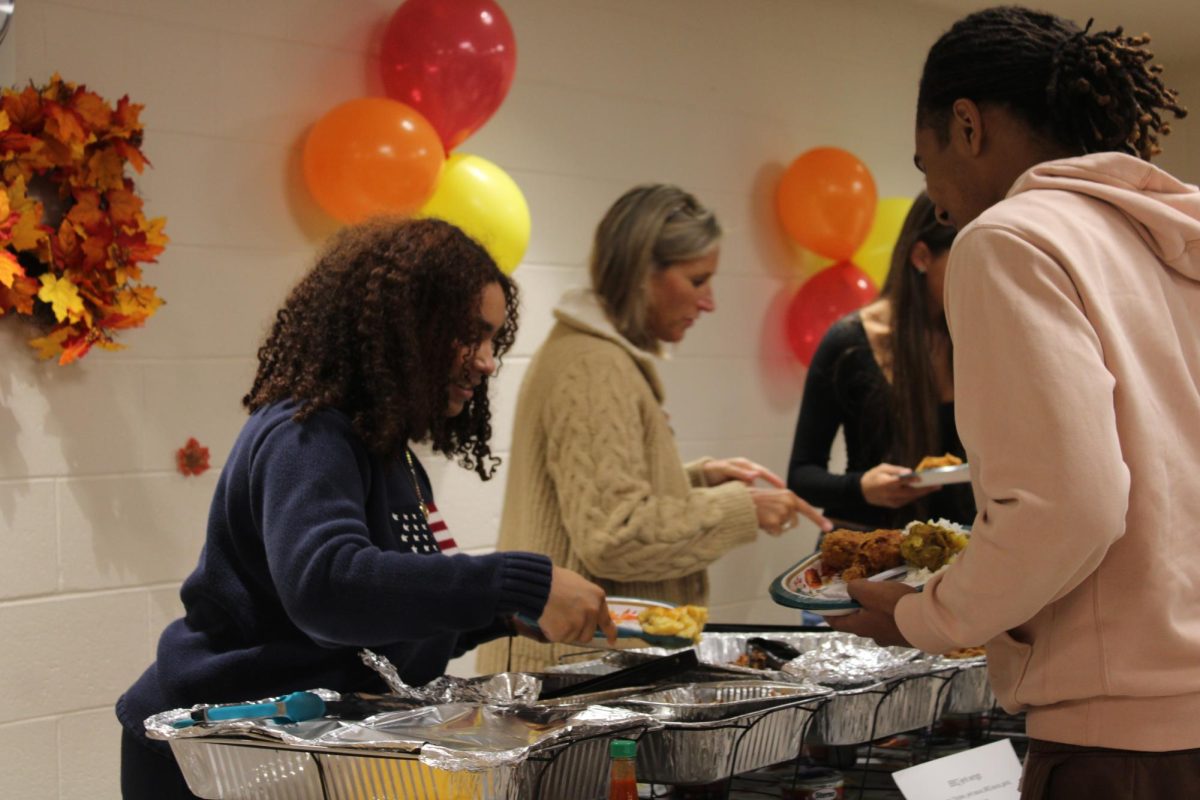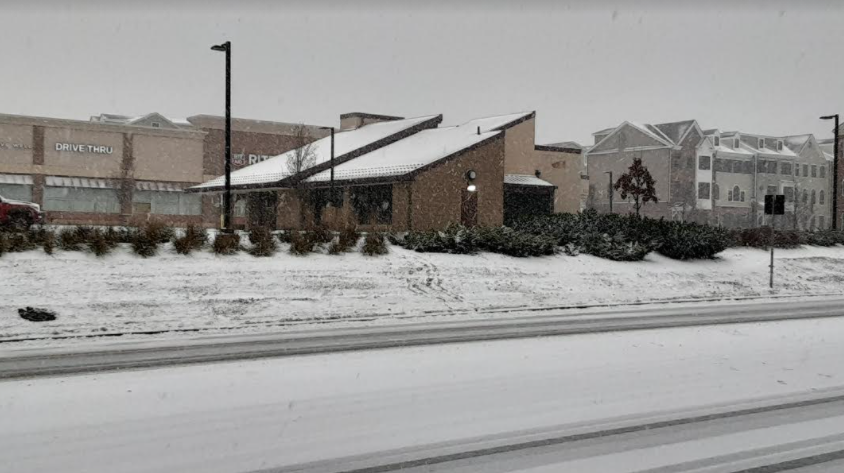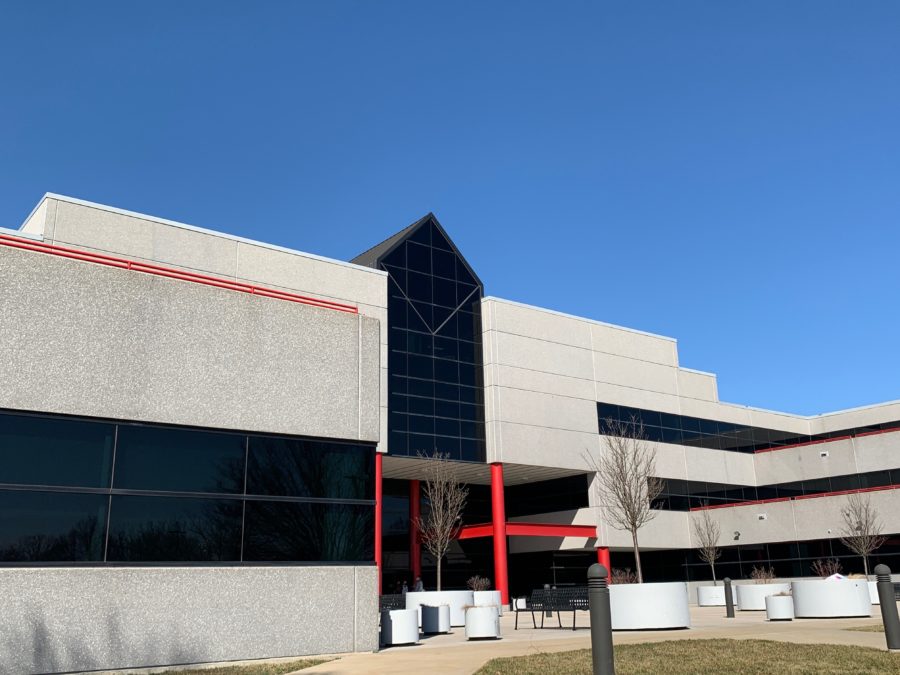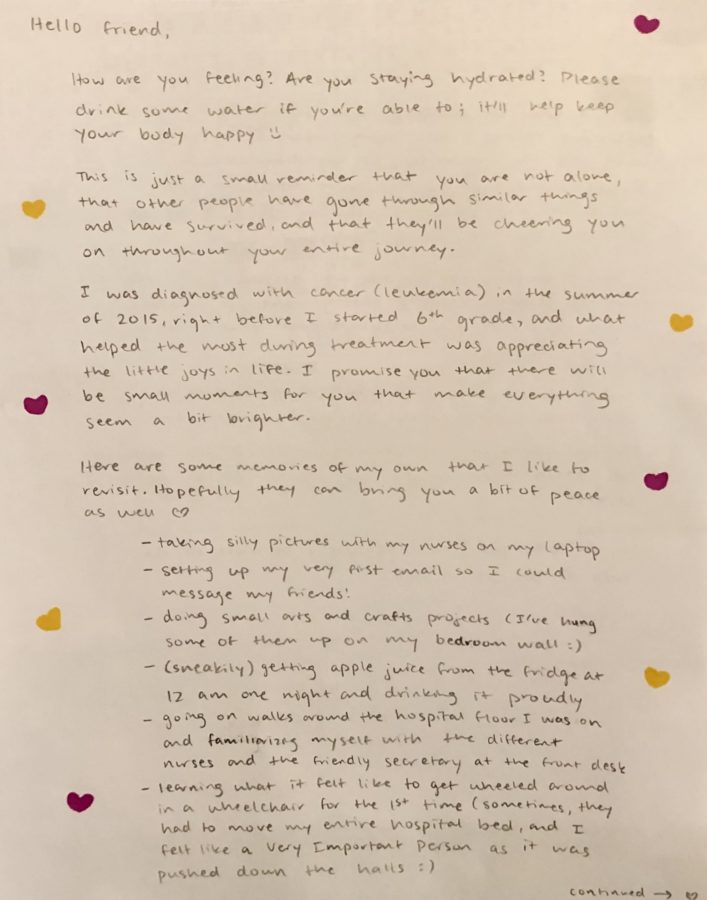By Trey Phillips and Shreya Vaidhyanathan, Staff Reporters
Any other year, Conestoga students would have had a snow day on December 17 because of the three inches of snow that blanketed the area. Despite the weather, virtual school continued with the hybrid model resuming the following day. This allowed teachers to continue with their lessons which would have been put on hold last year.
Flexible Instructional Days (FIDs) have replaced snow days in the district, enabling school on emergency closing days for at least the next three years.School districts have been able to apply for FIDs since August 2019, and upon receiving approval from the Pennsylvania Department of Education, TESD secured the FID option for the next three years.
Wendy Towle, Director of Curriculum, presented the option to the school board and expanded on why FIDs were explored this year.
“In March, we had to shut down and begin our virtual instruction. As part of that, the state offered more guidance about what flexible instructional days could be, and opened the window again for more districts to apply,” Towle said. “We felt like flexible instructional days would be something that we’d like to talk to the school board about applying for, so we put together an application for the school.”
At the time FIDs were unanimously approved by the board, however the opinions of students, parents and teachers were less consolidated.
Michael Palmatier, a social studies teacher at Conestoga, speaks about why he went from being against FIDs last year to preferring them now.
“In May, I was like ‘Listen, let’s let snow days be snow days.’ But that was because I thought that teaching from home would be way more difficult than it proved to be. And since I’ve had a better experience teaching from home—including today where my daughter is down the hall—I’m more in favor of it now than I was in May.”
Some students and parents see things from a different perspective. Elizabeth Foster, a junior at ’Stoga, echoed her parents’ concerns that came up during a school board discussion regarding snow days. She longs for the excitement and nostalgia that used to surround snow days, and misses the spontaneity they’re all about.
“Even though (the school) shouldn’t technically close, we still need a break every so often. (Snow days) are more than just not having school. It’s being able to be with your family, go outside, and play in the snow like we used to.” Foster said.
Standardized testing and schedule certainty regarding summer plans were all positions heard from teachers and parents. These and other arguments were considered when the school board discussed emergency closures, and they ultimately decided that FIDs were the best option.
“Given that many of our students take the state assessments in spring (…) Having the opportunity to have as many school days prior to those assessments is beneficial,” Towle said. “What we’ve heard in particular from families is it provides a bit more certainty as to the end of the school year. As they’re making their plans for their family or just for the students it can give them a bit more certainty.”


























































































